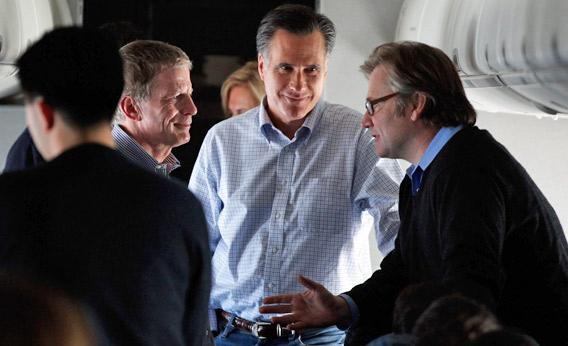So, I think we can dispense finally with any notion that Romney's leadership would have been competent.
TL, DR version: the Romney campaign dispensed with the standard GOP GOTV operations in favor of a Boston-headed, centralized Web App-based program that was more marketing than substance and completely failed on Election Day due to bad design, poor testing and zero communication.
Competence!
The Unmitigated Disaster Known As Project ORCA
What is Project Orca? Well, this is what they told us:
The entire purpose of this project was to digitize the decades-old practice of strike lists. The old way was to sit with your paper and mark off people that have voted and every hour or so, someone from the campaign would come get your list and take it back to local headquarters. Then, they'd begin contacting people that hadn't voted yet and encourage them to head to the polls. It's worked for years.
What is Project Orca? Well, this is what they told us:
Project ORCA is a massive undertaking – the Republican Party’s newest, unprecedented and most technologically advanced plan to win the 2012 presidential election.
Pretty much everything in that sentence is false. The "massive undertaking" is true, however. It would take a lot of planning, training and coordination to be done successfully (oh, we'll get to that in a second). This wasn't really the GOP's effort, it was Team Romney's. And perhaps "unprecedented" would fit if we're discussing failure.The entire purpose of this project was to digitize the decades-old practice of strike lists. The old way was to sit with your paper and mark off people that have voted and every hour or so, someone from the campaign would come get your list and take it back to local headquarters. Then, they'd begin contacting people that hadn't voted yet and encourage them to head to the polls. It's worked for years.
Competence!






Comment